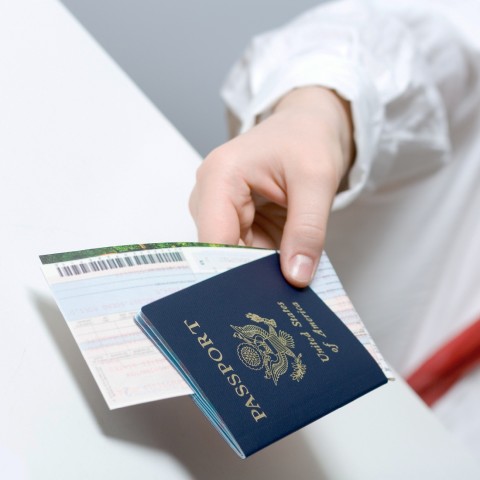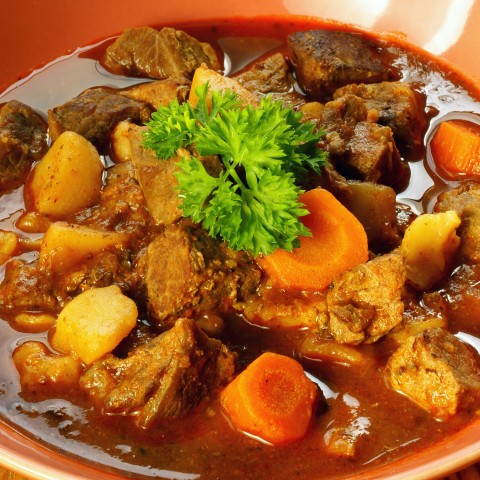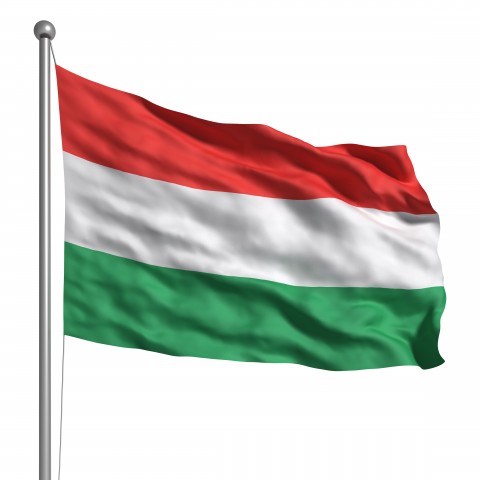
In this article, we are going to introduce you to the Hungarian national anthem, the song that is the heart of any nation. This one, however, is known for its melancholy and dour tone. Despite all this, it is important to know as part of the Hungarian culture, to truly understand this complex nation.
For this reason, we are going to show you the full Hungarian anthem lyrics in English, so you’ll be able to understand the whole song. It must be noted, however, that due to the old age of the piece, some of the words in the text are no longer grammatically correct! Will you spot which ones?
Now, we are going to cover not only the lyrics but also the history of the piece and nation, as well as occasions when you might hear the Hungarian national anthem playing.
If you are ready to dive deeper into Hungarian culture and understand their past, let’s go
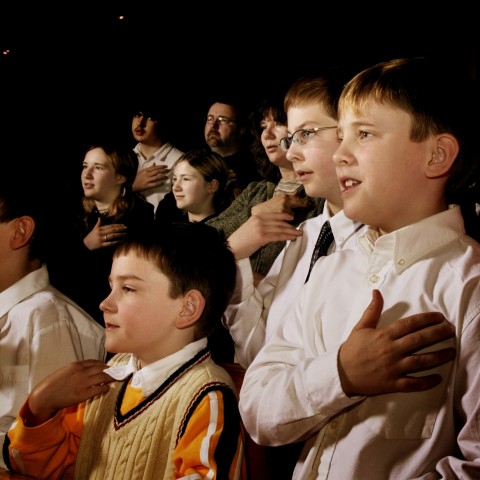
 Table of Contents
Table of Contents
1. Lyrics
In this section, we are going to show you the full Hungarian anthem lyrics in English so that you can understand it all – more or less, as the text is old Hungarian and, thus, has some old English. For this reason, bear in mind that some words are either not used anymore in today’s Hungarian language or are spelled differently.
As you will notice, the Hungarian anthem is rather sad, so prepare yourself to be moved. We highlighted the first verse for you, as only this one is usually sung, for example, at sports events, since the song is rather slow to match the melancholy of the text.
Isten, áldd meg a magyart
Jó kedvvel, bőséggel,
Nyújts feléje védő kart,
Ha küzd ellenséggel;
Bal sors akit régen tép,
Hozz rá víg esztendőt,
Megbünhödte már e nép
A multat s jövendőt!
“God, bless the Hungarian
With joy and abundance.
Reach out to him with a protective arm
When he fights with foes;
Doom is whom he long has been fighting
Give him a merry year,
This nation has been twisting slowly in the wind
Because of the past and the future!”
“Abundance” – Bőség
“To twist slowly in the wind” – Megbűnhődni

Őseinket felhozád
Kárpát szent bércére,
Általad nyert szép hazát
Bendegúznak vére.
S merre zúgnak habjai
Tiszának, Dunának,
Árpád hős magzatjai
Felvirágozának.
“You bring up our ancestors
To the sacred shores of Carpathia,
A beautiful homeland won by you
By the blood of Bendegúz.
And where the foams roar
Of the Tisza and the Danube,
The heroic fetus of Árpád
Shall blossom.”
“Homeland” – Haza
“To blossom” – Felvirágozni
Értünk Kunság mezein
Ért kalászt lengettél,
Tokaj szőlővesszein
Nektárt csepegtettél.
Zászlónk gyakran plántálád
Vad török sáncára,
S nyögte Mátyás bús hadát
Bécsnek büszke vára.
“For us in the fields of Kunság
Thou wavedst a calyx for us,
On the vineyards of Tokaj
You have dripped nectar.
Our banner you often planted
On the wild Turkish battlements,
And Mátyás moaned his sad war
The proud castle of Vienna.”
Hajh, de bűneink miatt
Gyúlt harag kebledben,
S elsújtád villámidat
Dörgő fellegedben,
Most rabló mongol nyilát
Zúgattad felettünk,
Majd töröktől rabigát
Vállainkra vettünk.
“O, but for our sins
Wrath was kindled in thy bosom,
And thou hast fired thy thunderbolts
In thy thundering clouds,
Now the Mongol arrow of a robber
Thou hast wrought upon us,
And from the Turks, a yoke
We have taken on our shoulders.”
“Yoke” – Rabiga
Hányszor zengett ajkain
Ozman vad népének
Vert hadunk csonthalmain
Győzedelmi ének!
Hányszor támadt tenfiad
Szép hazám kebledre,
S lettél magzatod miatt
Magzatod hamvvedre!
“How often did his lips chant
Of the wild people of Ozman
On the heaps of bones of our war
A song of triumph!
How often did thy son rise
Upon the bosom of you, my fair country,
And for thy fetus’ sake
Thy fetus to thy ashes!”
Bújt az üldözött s felé
Kard nyúl barlangjában,
Szerte nézett s nem lelé
Honját a hazában,
Bércre hág és völgybe száll,
Bú s kétség mellette,
Vérözön lábainál,
S lángtenger fölette.
“The hunted one cowered
In the hollow of his sword,
He looked around and found no
Home in the homeland,
He rides to the valley of the valley,
And he’s in despair,
At his feet blood flow,
And a sea of flame above him.”
“Blood flow” – Vérözön
“Sea of flame” – Lángtenger
Vár állott, most kőhalom,
Kedv s öröm röpkedtek,
Halálhörgés, siralom
Zajlik már helyettek.
S ah, szabadság nem virúl
A holtnak véréből,
Kínzó rabság könnye hull
Árvánk hő szeméből!
“A castle stood, now a heap of stones,
Delight and joy used to fly around,
Death’s thunder, death’s wail
Replaced them now.
And, ah, liberty is no more
From the blood of the dead,
The tears of tortured bondage
From the warm eyes of our orphan!”
Szánd meg Isten a magyart
Kit vészek hányának,
Nyújts feléje védő kart
Tengerén kínjának.
Bal sors akit régen tép,
Hozz rá víg esztendőt,
Megbünhödte már e nép
A multat s jövendőt!
“God have mercy on the Hungarian
Whose being struck by disasters,
Reach out to him with a protective arm
Doom is whom he long has been fighting,
Give him a merry year,
This nation has been twisting slowly in the wind
Because of the past and the future!”
“Doom” – Bal sors
Which words do you think are spelled differently nowadays? Let us know in the comments and write their up-to-date form as well!

2. History
The Hungarian national anthem (called “Himnusz”) was first a poem written by Ferenc Kölcsey on 22 January 1823. Its subtitle was “A magyar nép zivataros századaiból”. Later, after February 1844, Ferenc Erkel wrote a song for the text, and there the Hungarian national anthem was born.
However, the song debuted only a few months later, on 2 July 1844, in the National Theater in Budapest, and became the “official anthem” of the mutilated but independent country around 1918-1919, following the dissolution of the Austro-Hungarian Monarchy.
The Hungarian national anthem has numerous references to the unfortunate history of the Hungarians. The narrative begins with conquering the country. “Bendegúz,” the father of the Hun prince Attila, is a reference to the idea that the Hungarian people returned to the Carpathian Basin as the descendants of the Huns, i.e., they took possession of the territory as their rightful inheritance. The reference to the “Árpád hős magzatjai” (The heroic fetus of Árpád) evokes the image of the past of the nobility, the members of which defend their homeland with arms are the descendants and heirs of the conquerors.
The successful historical period ended with the reign of Mátyás who conquered Vienna in 1485, and most of the Austrian provinces also submitted to him. The period of punishment for discord is not sharply separated from the period of prosperity since the “Most rabló mongol nyilát” (Now the Mongol arrow of a robber) refers to the Tatar invasion of 1242-1243, while the “Majd töröktől rabigát” (And from the Turks, a yoke) refers to the period of conquest in the 16-17th centuries. The end of the 5th stanza and stanzas 6-7 generally refer to events of the 16-17th centuries – partisanship, fratricidal warfare, civil war.
The lyrics move on to depicting, generally again, the Habsburg rule, when the Hungarian became a persecuted alien in his own country, saying “Szerte nézett s nem lelé Honját a hazában,” (He looked around and found no Home in the homeland). Some have suggested that the line “Vár állott, most kőhalom’ (A castle stood, now a heap of stones) refers to the order by Lipót I in 1702 to blow up the castles in Hungary. The ‘old glory’ was lost, the ancestors died in vain for the country, and the Hungarian became a ‘poor waif’ in his homeland.
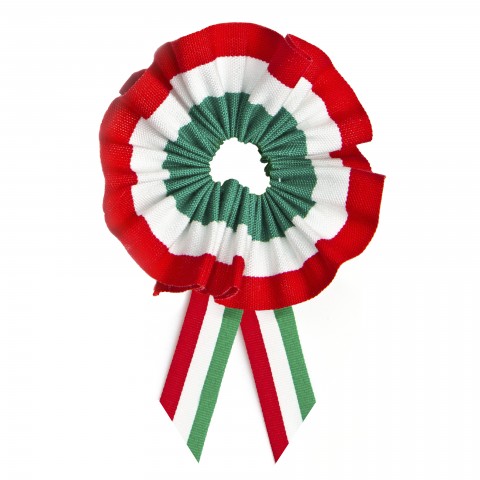
3. Occasions
The Hungarian national anthem is played mostly in schools, before sporting events, and TV. It is linked to important national holidays and celebrations such as:
- – 15 March, commemorating the 1848-1849 Revolution and War of Independence
- – 20 August, commemorates the foundation of the state, but the truth is that the state was not founded on 20 August. On this day in 1083, King Stephen, the founder of Hungary was canonized. So, the Hungarian state, the kingdom, had already existed for 83 years when the coronation of Stephen took place in 1000.
- – 23 October, commemorating the 1956 Revolution and Liberation
If you’re interested in learning more, check out the Top 5 Important Dates During the Hungarian Calendar Year.
The Hungarian national anthem is always played before team sports events as well, like football (soccer), but also after individual sports events when the athlete won the competition. We can also hear the anthem on the TV, for example, after the countdown to New Year’s.
See our vocabulary list of National Unity.

4. How HungarianPod101.com Helps You Reach Your Goals in Learning Hungarian
We hope you enjoyed this little insight into Hungarian culture through the Hungarian national anthem. If you still have any questions or you did not understand some of the lyrics because of the old language, let us know.
It must be emphasized that an anthem is the core of every nation, so if you have serious plans in Hungary, it is good to know at least its content, i.e., what it is about. Of course, it is even better to be able to sing it, at least the first verse, but that is just a big cherry on top of your learning journey.
You can find more studying materials like this article on the HungarianPod101 website, but besides blog articles, you will find free vocabulary lists or videos and audio to ease language learning. Not to mention the supportive community that would be behind you, helping you all the way.
Join our community and be a HungarianPod101 member today!
Which Hungarian word spelling from the anthem is outdated nowadays, and how is it written now? Let us know below.













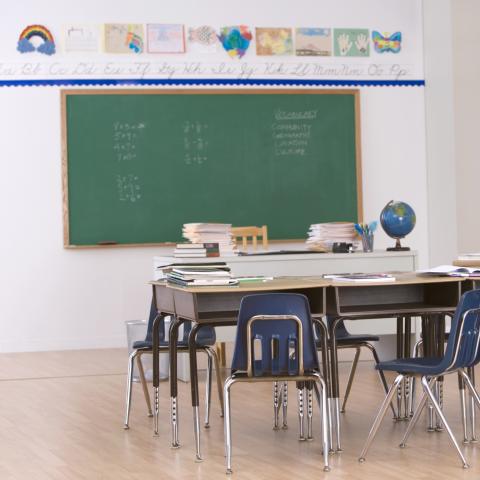


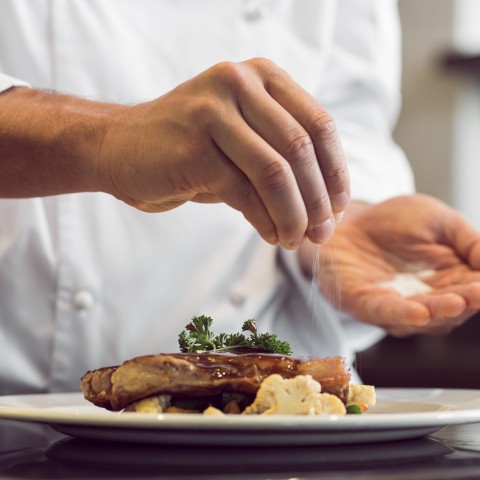





![A Group of Animals [Two Dogs, Parrot, Cat, Snake, Mouse] in Front of a White Background](https://wordlist.languagepod101.com/wordlist/media/27147&v=medium.jpg)
 Table of Contents
Table of Contents
























